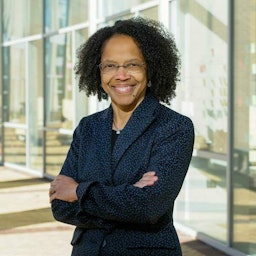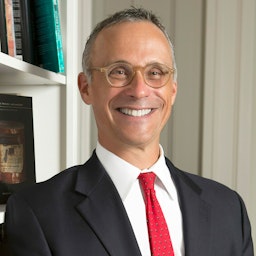“We can’t just design around AI because it’s futile: it keeps evolving. Assessment needs to be about the whole relationship you have with students: be transparent, explore variety and encourage reflection.”
Dr. James Lang
Author of Cheating Lessons: Learning from Academic Dishonesty
Missed last week’s webinar about how to curb academic dishonesty in your course? No worries … watch below!
Don’t have time to watch either? That’s okay, here’s a summary!
With regards to academic integrity in the age of artificial intelligence, Dr. Lang emphasizes the importance of maintaining a focus on teaching and creating learning, even while being aware of and attending to academic integrity. He believes that teaching strategies and course design strategies should promote learning while maintaining the standards of academic integrity. He also mentions that these principles were the approach he took in his book “Cheating Lessons”.
Dr. Lang presents his approach to prioritizing learning in the current moment of higher education. He discusses the importance of varying teaching methods, being transparent about course design and expectations, and promoting reflection among students. He believes that these principles are even more important in the age of AI, as AI can perform tasks quickly, but humans have the opportunity to pause, analyze, and reflect on the process
Dr. Lang also discusses a 2023 study where instructors tested six low-effort strategies to reduce academic dishonesty in an introductory programming course (PDF). These strategies included talking about academic integrity at the beginning of the semester, giving a quiz on the topic, allowing students to retract work they had concerns about, reminding students about academic integrity policies throughout the semester, showing tools for success, and reminding students about available help. The study found a significant reduction in similarity scores for assignments after these interventions were implemented.
Dr. Lang advocates for a balanced approach to teaching in the age of AI, where the focus remains on learning and academic integrity. He suggests that educators should not shy away from traditional assignments or teaching strategies due to the capabilities of AI, but rather enhance these assignments with reflection and analysis to promote deeper learning.







